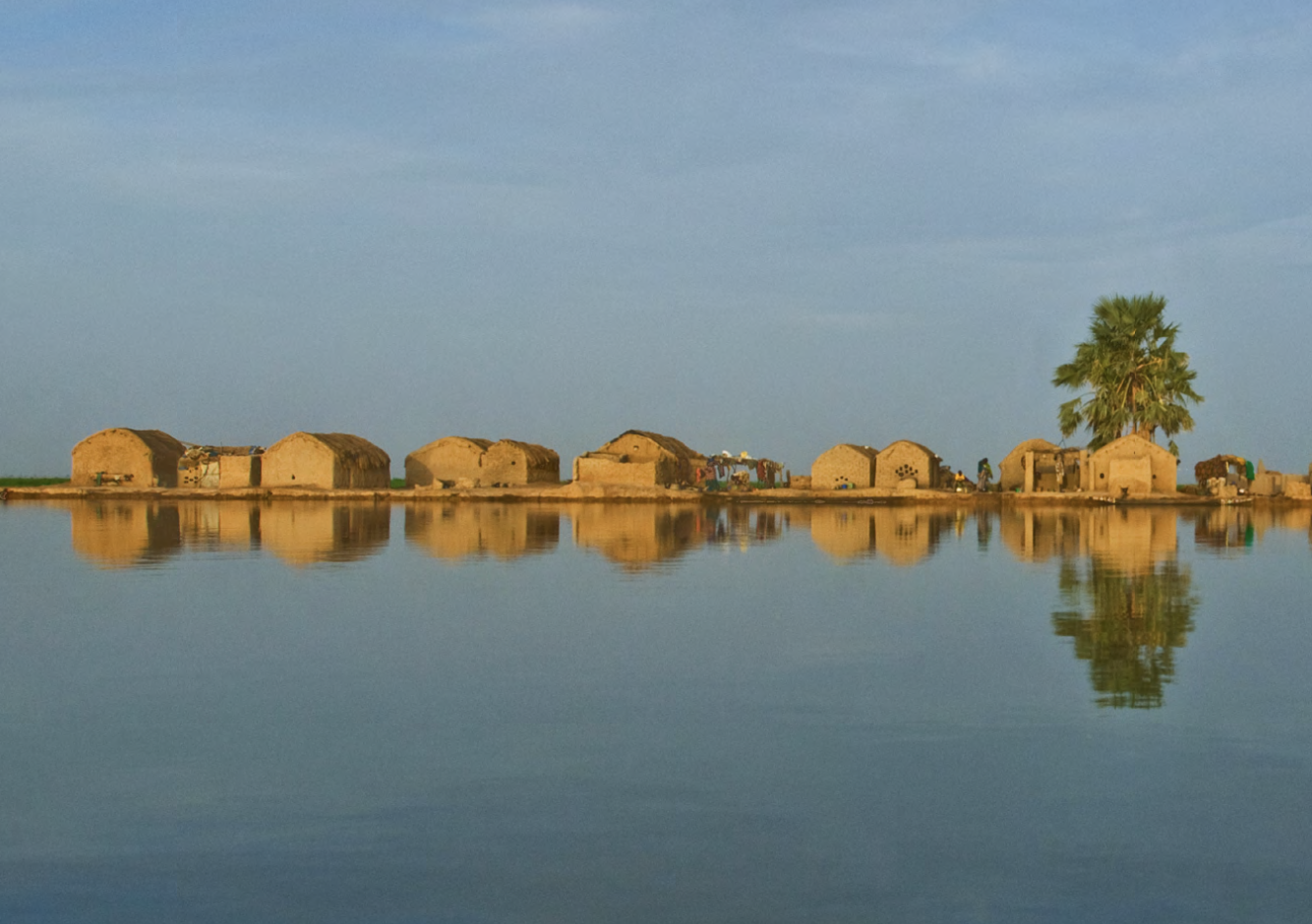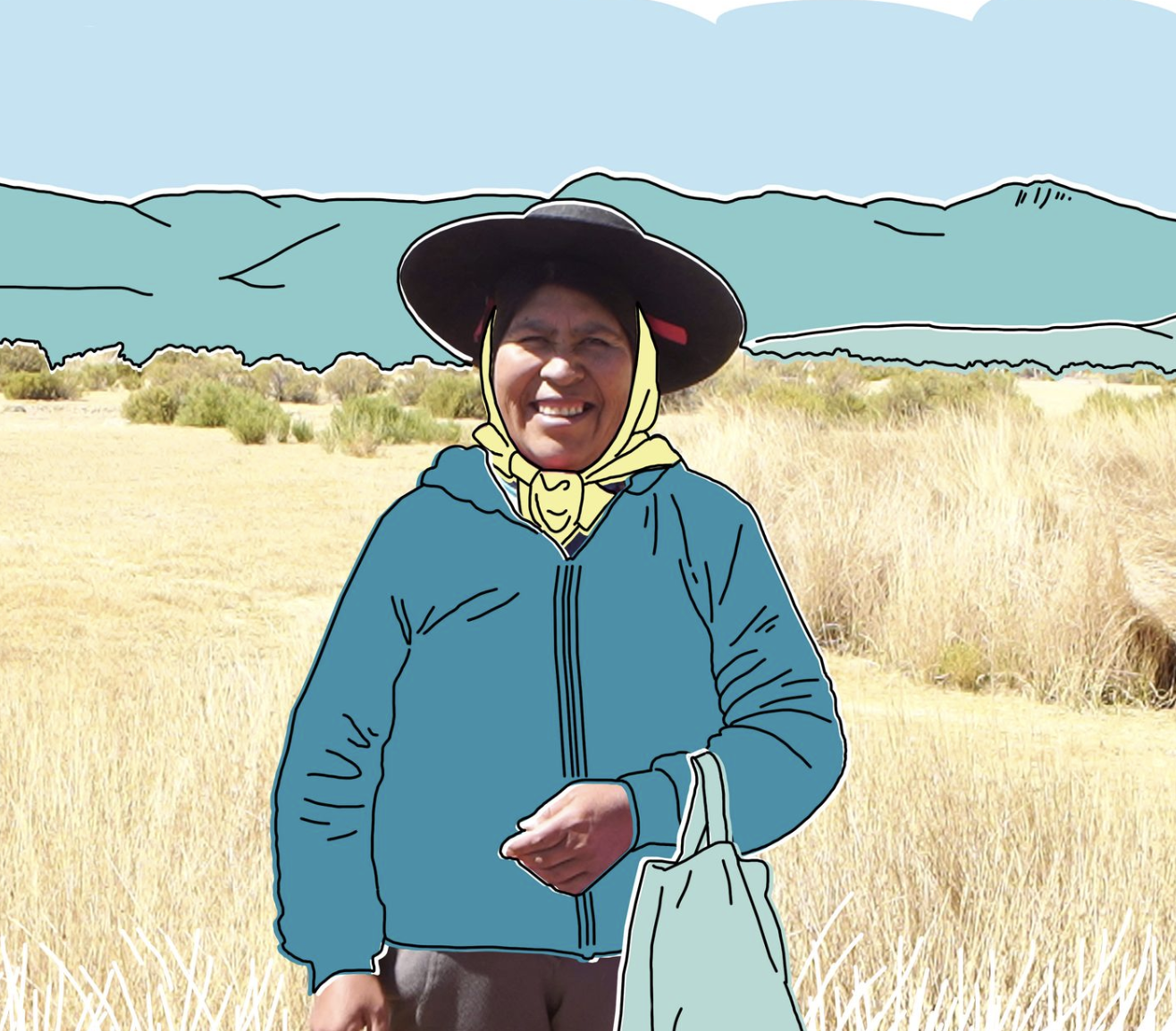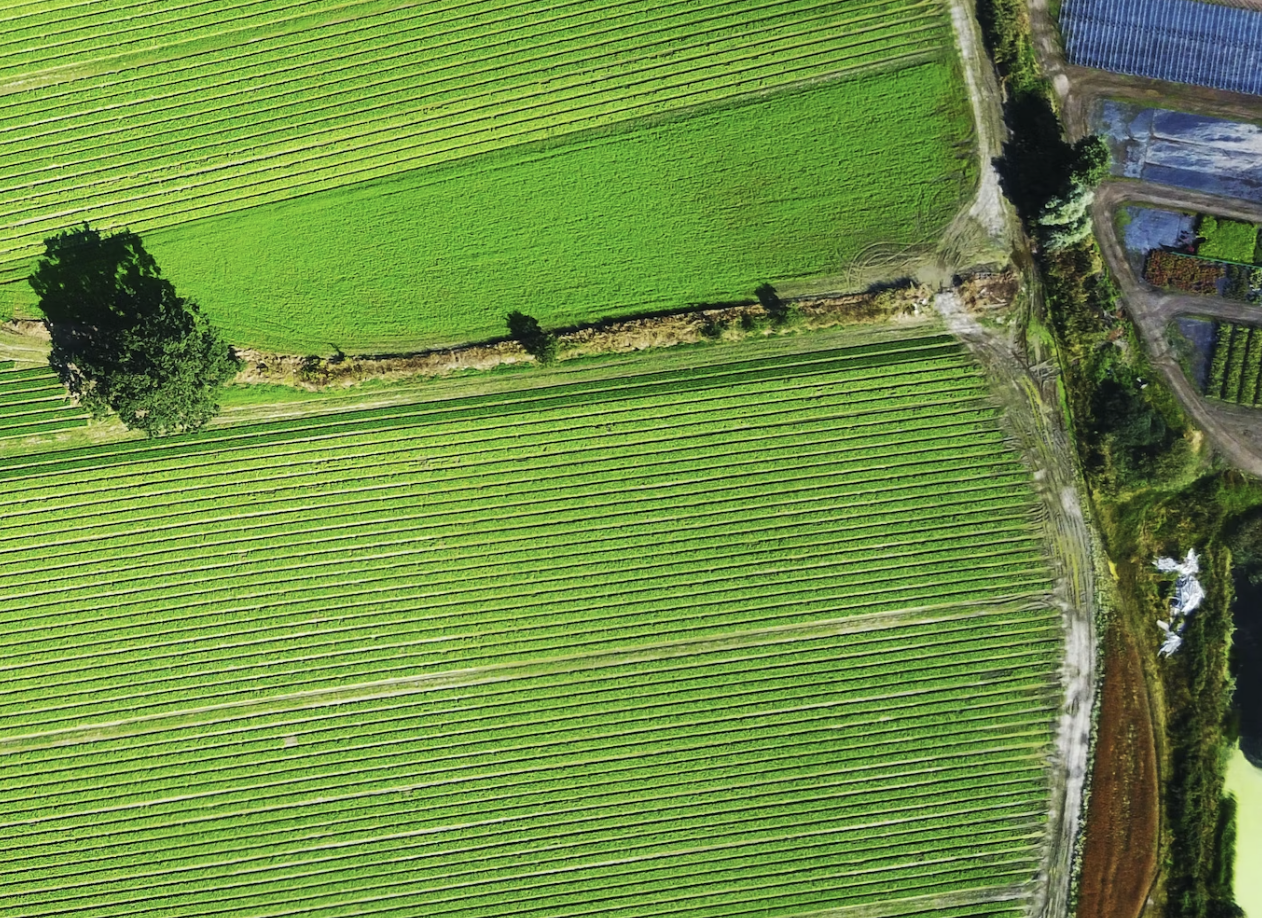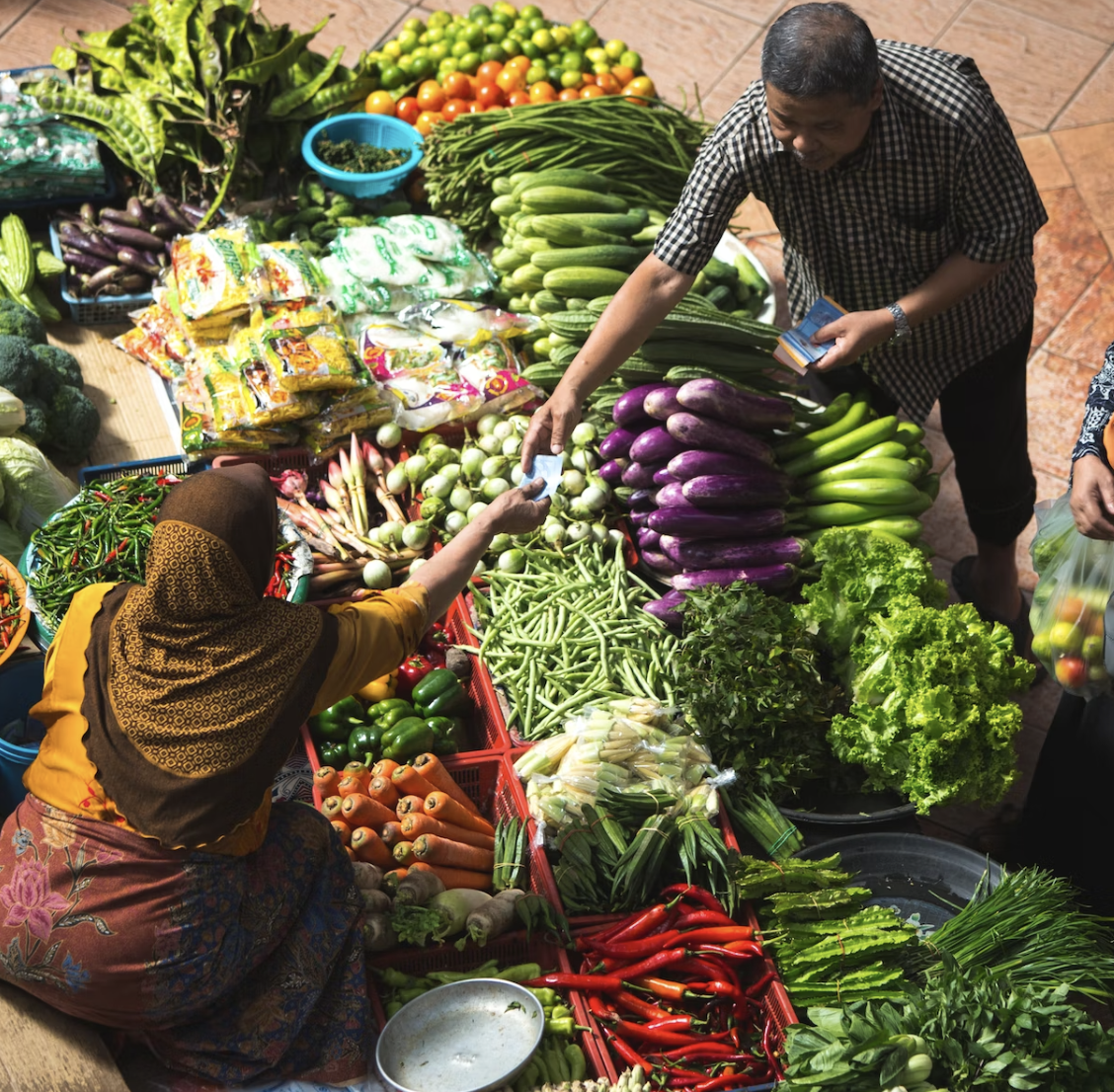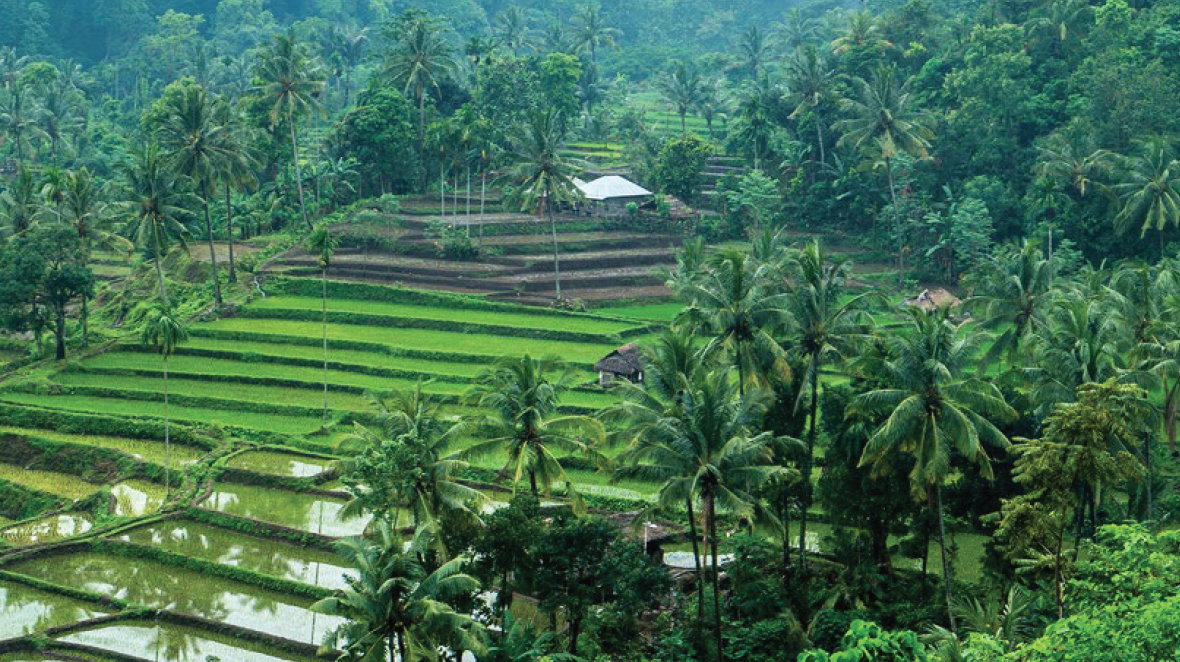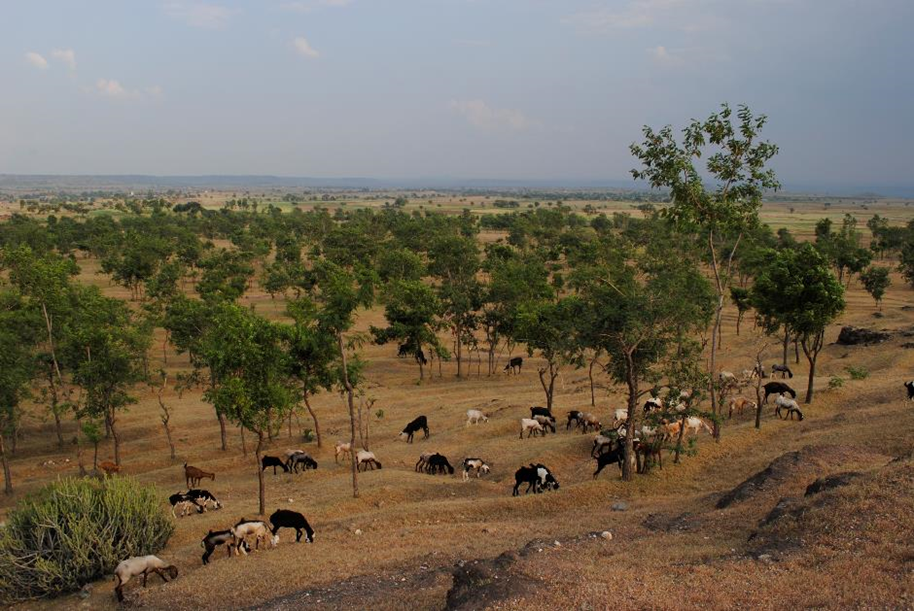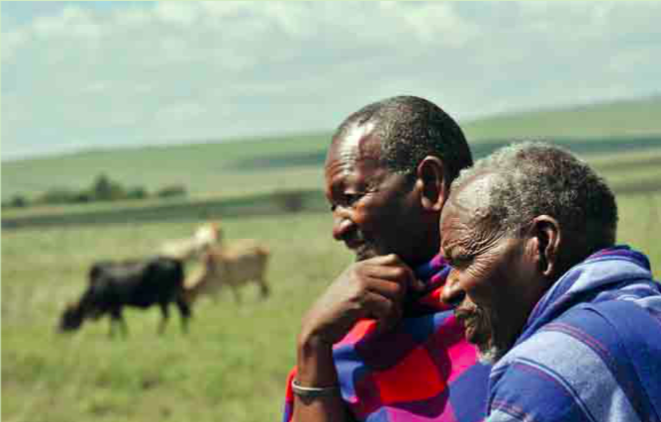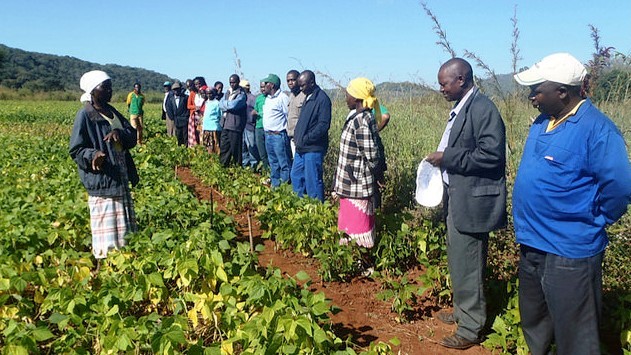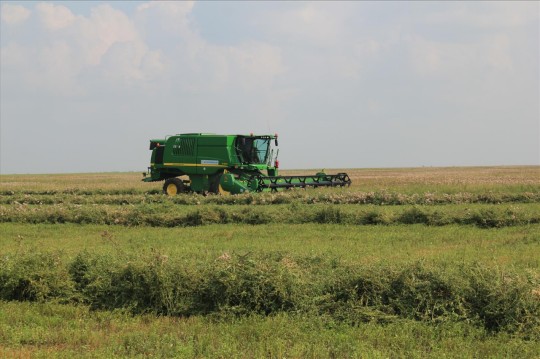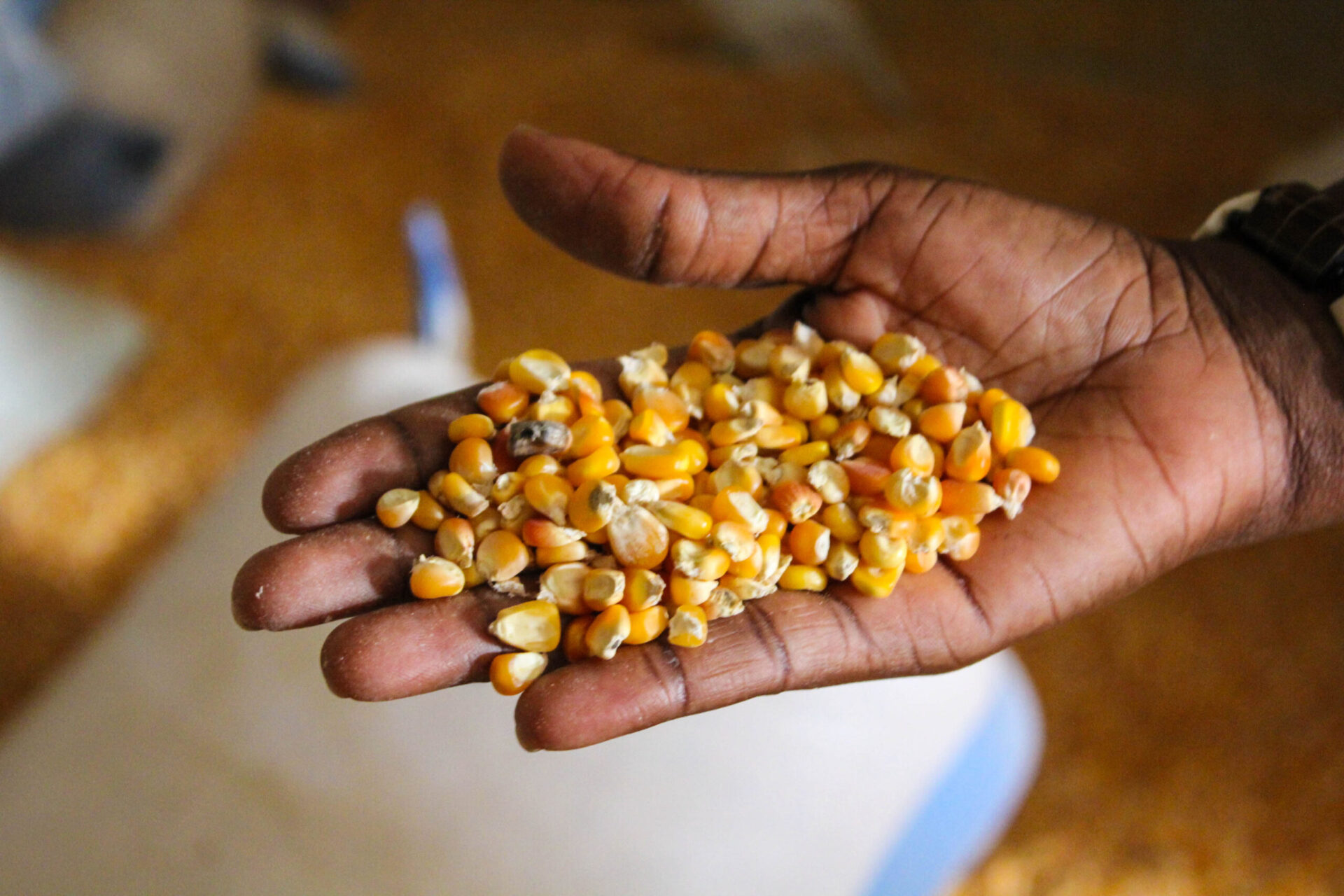crops
An African perspective on transboundary and cascading climate risks
Learn about how transboundary and cascading climate risks could impact different African regions, with a focus on East Africa, West Africa and Southern Africa, in this Adaptation Without Borders discussion brief. Also explore the role of national and regional adaptation plans in managing these risks.
Building strongholds for people and nature in the high Andes: Saving and restoring wetlands is helping communities to manage scarce water resources in the face of climate change
Discover how community members in Jujuy Province, Argentina are working to improve the management of the precious water that enables them to graze llamas and other livestock in local wetlands and grasslands, and to grow crops to feed their families or sell on local markets, in this solution story.
Nordic perspectives on transboundary climate risk
Explore the cross-border risks faced by Nordic countries, the extent to which they are already recognised, and possible ways to respond to them in this report. The analysis draws on a literature review, an analysis of trade data, and interviews with stakeholders from national authorities, industry and research institutions.
Impacts of climate change on global food trade networks
Learn about the potential cross-border impacts of climate change on global food trade, through the lens of three crops: wheat, rice and maize. Using a simple network model, this journal article projects changes to trade communities and network structures, as well as the effects that this will have on global food security.
Review of ASEAN Guidance Documents for Climate-Smart Land Use
GIZ's Climate-Smart Land Use project facilitated a review of ASEAN guidelines on climate-smart agriculture/climate-smart land use. This report highlights the key findings of the review.
Identifying hotspots in land use land cover change and the drivers in a semi-arid region of India
This paper used satellite images and data to identify areas in semi-arid India that have experienced land use and land cover changes over the last 3 decades and explores their potential drivers
Climate-Smart Agriculture Sourcebook and Platform
This Sourcebook provides a wide range of knowledge and expertise to support actors to make the agricultural sectors (crops, livestock, fisheries and forestry) more sustainable and productive.
Impact of Climate Change on Select Value Chains in Mozambique
This report details the likely impact of climate changes on three key crops (soy, pigeon pea and sesame) and analyzes opportunities to manage those risks across the value chain.
Improving the Climate Resilience of Kazakhstan Wheat and Central Asian Food Security
Kazakhstan is a major wheat exporter in Central Asia. Sustainable climate-resilience in the national agriculture sector is therefore a safeguard of food security in the whole region.
Climate change impacts on African crops: how will they fare?
A new Working Paper by the CGIAR Research Program on Climate Change, Agriculture and Food Security (CCAFS) provides climate projections for crops in Africa.
